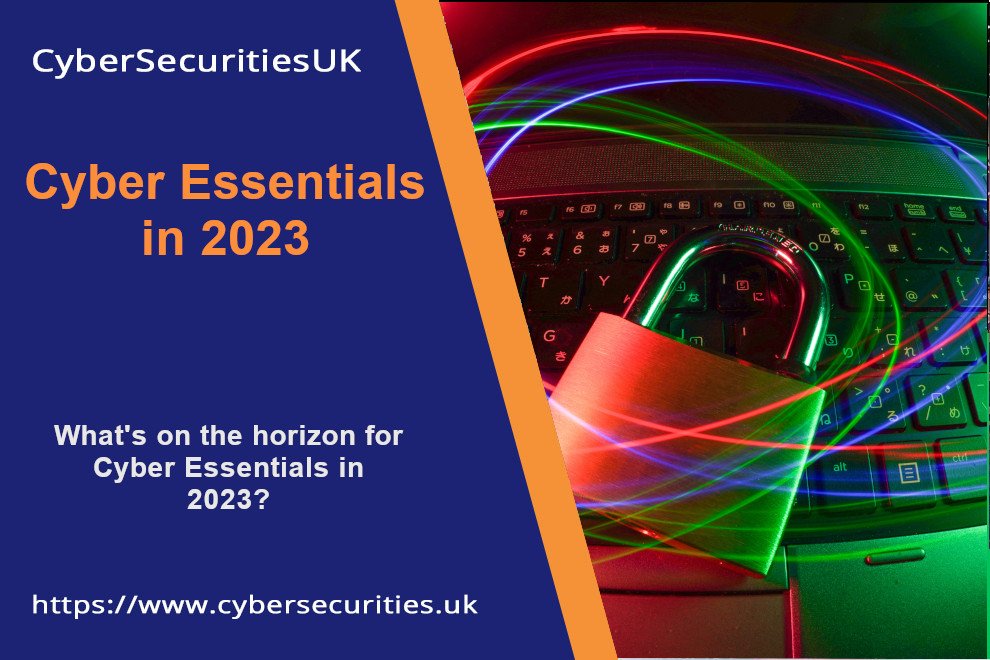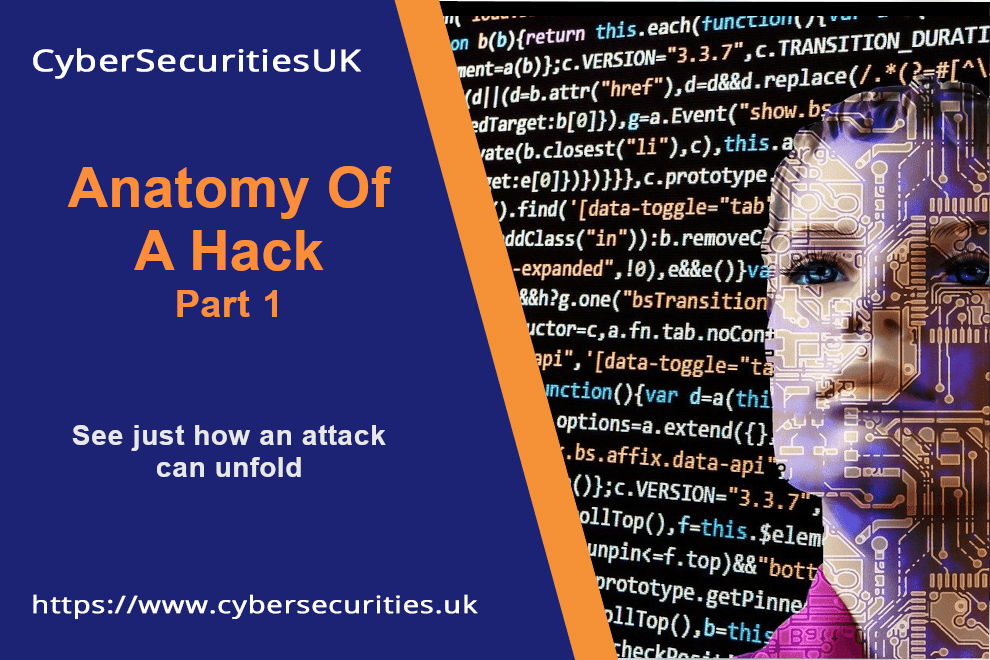Due to increased global connectivity and continued use of cloud services, cybersecurity risks are also trending upward. Misconfiguration of software coupled with increasingly sophisticated hacking strategies of criminals put your organisation’s safety at stake.
To give you a better idea of the state of cybersecurity in the UK, according to Hiscox, one small business is hacked every 19 seconds. This translates to millions of revenues lost each year.
With data breaches happening more or less on a daily basis, installing simple firewalls and antivirus software cannot stand as your sole security measures any longer. As business leaders, you have to prioritise deploying a stringent security framework across your network.
Take note that cyber threats can come from different areas of your organisation. As such, you need to educate your staff about social engineering scams, sophisticated cybersecurity attacks, as well as other malware designed to steal sensitive data. Aside from that, you should comply with data protection regulations like the GDPR.
Security incidents can impact businesses of all sizes that’s why organisations must work hard to secure their networks.
Cyber attacks and Cyber security: What are they?
Cyber attacks typically occur when unauthorised people gain access to your data that is stored in a computer or network.
Cyber security refers to the process of defending and recovering computer systems, networks, devices, and programs from any malicious attacks.
Cyber attacks are getting more complex than ever, creating a heightened danger to your business. As cyber criminals employ new techniques to circumvent traditional computer security, you need to put in place proactive strategies to block these attacks.
The Impact of Cyber attacks
Security lapses can damage your business in different ways, such as:
- Economic costs: Theft of intellectual property and company data, downtime, and the cost of recovering compromised systems
- Reputational costs: Loss of client’s trust and negative media coverage
- Regulatory costs: Suffer from regulatory fines or sanctions
All companies, regardless of size, must ensure that all employees recognise cyber security risks and how they can be mitigated. This should include ongoing cyber security training and a formal framework to minimise the possibility of data leaks or data breaches.
How to Defend Against Cyber attacks
Cyber security typically covers defensive actions like installation of firewalls, data protection, and a range of other countermeasures. Quick discovery and reporting of issues are also critical to prevent it from snowballing to create even larger problems.
However, not all organisations have the expertise to maintain the safety of their IT environment. There is also a lack of organised response mechanisms among companies so sensitive information is often exposed to cybercriminals.
Here are some cyber defence mechanisms to deploy in your business.
- Consider biometric security
Biometrics guarantees quick identification, reliable access control, and accurate monitoring of employees.
Organisations need to verify the identity of users before granting them access to valuable assets. Speech recognition, fingerprint scans, palm biometrics, facial recognition, behavioural biometrics, and gait analysis are some of the ways to assess whether users are who they claim to be or not.
Using biometrics provides more security than simple passwords and SMS verification.
- Create a hierarchical cyber security policy
A formal cyber security policy is important because it enables security experts and employees to be on the same page and gives you – the business owner a way to implement rules that can secure your data.
Each department’s workflow can be unique and can be easily disrupted by needless cybersecurity measures. Meanwhile, having a centralised security policy can be the basic foundation for the entire company. Every department can craft their security policies based on this central policy, tweaking it to meet their exact requirements.
When the needs of every department are met, workflows become smoother and your bottom line isn’t compromised in the name of security.
- Risk-based approach to security
Proper risk management lets you avoid dealing with the stress associated with penalties for non-compliance with legislation, cost of remediation for possible leaks and violations, and damages from missing or inefficient processes.
Find the weak points in your security framework and make changes accordingly. Make sure to keep an eye on emerging hacking methods using databases and systems. Also, a comprehensive risk evaluation can help you prioritise your security plans and make your strategy the best that it can be.
A great place to start would be adopting Cyber Essentials and then considering upgrading to either the IASME framework or the well renowned ISO 27001.
- Conduct penetration testing
Penetration tests, commonly known as pen tests, are authorised simulated attacks in a controlled environment conducted by third-party security professionals. They employ similar techniques as Cyber attackers. This process will confirm if your servers or applications are hardened against attacks and if the identified vulnerabilities will result in further intrusion and exploitation.
There are several reasons why you need to perform regular penetration tests on/in your network. Pen tests can detect vulnerabilities in your systems, help you prioritise your remediation efforts based on the exploitability and possible effect of the vulnerabilities, encourage compliance with strict standards and regulations, and legitimise security-related expenditure in front of executive management and board.
- Use multi-factor authentication
Multi-factor authentication (MFA) is a solution essential to advance your company’s security strategies.
Though it’s basic, MFA still belongs to the top cybersecurity best practices. MFA helps you keep sensitive data safe by adding an extra layer of security, leaving malicious actors with almost no chance to log into your system. Even if a malicious actor knows your username and password, they would still be required to provide a second and maybe a third “factor” of authentication, such as a security token, your mobile phone, your fingerprint, or your voice.
Multi-factor authentication validates whether the person trying to gain access is in fact, authorised. This includes a combination of a PIN or password, a key or card, or biometrics. As an additional benefit, MFA enables you to clearly distinguish among users of shared accounts, improving your access control.
We strongly advice MFA is enabled for all internet facing services for example Office 365 etc.
- Monitor third-party access to your data
Another critical part of the security strategy is monitoring third-party access.
Remote staff, subcontractors, business associates, manufacturers, and distributors are just some of the people who can access your data remotely.
Third-party access not only entails a higher risk of insider attacks but also opens the door for malware and hackers to reach your infrastructure via the the third party themselves!!
The best way to protect the confidential data from attacks via third-party access is to track their actions and ensure you conduct due diligence in advance. You can also restrict the access of third-party users and know exactly who is connecting to your network and why.
In order to provide complete logging of all user activities, tracking user actions should be used in combination with one-time passwords so that you can detect suspicious activity and perform investigations when needed.
- Back up your data regularly
Cyber attacks may not only expose confidential data but also compromise their availability or integrity. As such, it is necessary to have data backup, and importantly test your recovery process. By doing this, you can be prepared for potential data failure caused by a disaster or technical issue – or ransomware. You should invest in offsite data backups with rigid data encryption processes and strict data access.
Final Thoughts
Digitisation has enabled many aspects of our society to function more smoothly than ever. However, being in a technologically advanced world also increases our level of vulnerability. Fueled by the prevalent use of technology, there has been an exponential rise of cyber crimes over recent years. Threats from unauthorised access and internal missteps lead to increased risks that hackers take advantage of.
In the majority of instances prevention is considerably lower cost than having to deal with post cyber-attack consequences.
In today’s threat landscape, improving your cyber security framework can be challenging—and critical—than ever before. But it’s a good sign that businesses are finally starting to prioritise security and privacy protections.






Pingback: CyberSecurity Tips for Employees Working from Home - CyberSecuritiesUK